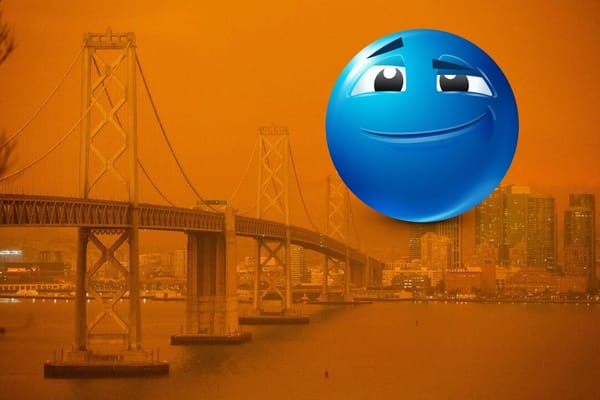Monday Movie Review: The Dark Knight Rises
SPOILER ALERT! Special geek-out, extra-long edition:
Big, bleak, bold and baroque. If I had to pick four words to describe The Dark Knight Rises, it would be those.
When we walked out, Diego just said, "Holy shit!"
It's a relentless movie that Hans Zimmer and Christopher Nolan pound into your skull. There's no joy in it, no mirth, only the bare minimum of humor, no serendipity. I think I laughed once in the 2-hour, 40-minute movie, and I basically made myself turn my smile at Anne Hathaway's joke into a barking chuckle. And yet, it continues to sell out, continues to top the box office.
To make a big prediction, The Dark Knight Rises is going to be the high point of the gritty reboot. This is as dark as we can take, as bleak as we can take. The blockbuster should be a fun outing to munch popcorn, not an act of expiation.
To make an even broader, more controversial statement, since 9/11 Americans have largely ignored their big, expensive wars in Afghanistan and Iraq and romanced big, expensive fantasies of terrorism on the screen. The suppressed guilt of ignoring our wars has forbidden true escapist entertainment, demanding we embrace gritty realism. Thus Call of Duty, Breaking Bad and the Dark Knight trilogy.
A Tale of Two Cities: It's no coincidence TDKR is set in New York. A city under siege is more than our deepest fear, it's what we've come to expect.
At the end of the movie, Chief Gordon reads from Charles Darnay's famous monologue in Dickens' A Tale of Two Cities. As Slate's Forrest Wickman points out, it is not only the violence of Dickens' oeuvre, but its orphans and plot twists and secret identies that TDKR adopts.
Occupy Gotham: New York is also the epicenter of our domestic catastrophe, the financial crisis and its aftermath. Four years later, the Occupy Wall Street movement would say we suffer more sharply from broken institutions and economic inequality than we do from terrorism.
With barcades and blood in the streets, and kangaroo courts, New-York-as-Gotham looks more like the French Revolution than it does Call of Duty.
Sound & Fury: I read of a lot of reviews of TDKR after seeing it. Many of them good, but almost none that compared it favorably with Heath Ledger's turn in The Dark Knight. One that stuck with me was Richard Brody's from the New Yorker, who called the blockbuster not an example of conspicuous consumption but rather "conspicuous production."
In that sense, TDKR is not baroque because it's not excessively ornamented (it's the opposite: excessively spartan). What makes it baroque is how Nolan strives to impress us "with his own grim and relentless labors."
But why it was necessary to make TDKR so big, gritty and relentless – that Nolan questions less than Bruce Wayne questions whether he must give Gotham everything he is.
Nolan offers no perspective, certainly no answers. Nolan merely evokes. TDKR evokes terrorism, war, counterinsurgency, indefinite detention, inequality, Jacobinism, and vigilantism. And by bringing them forth with such a big bang (quite literally), he manages, somewhat, to expiate our most deeply-rooted darkness, through sheer concussive force.
As Bane says, "I am necessary evil."



